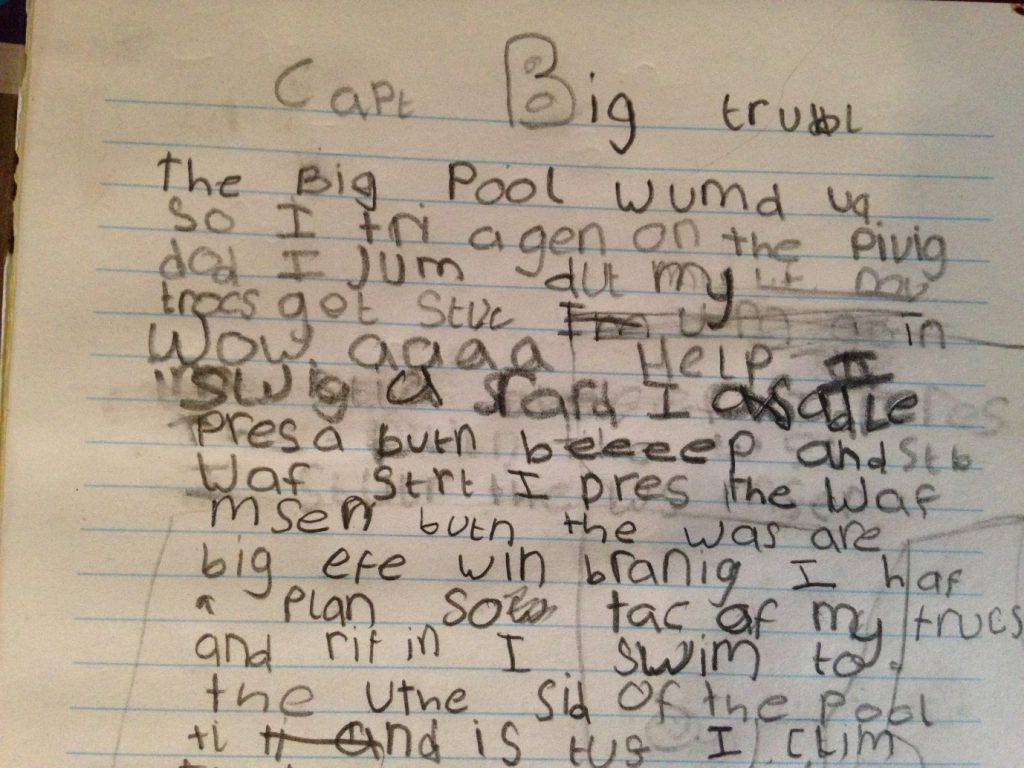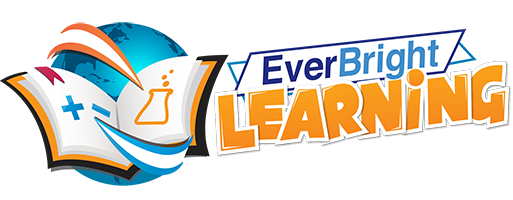
If your child has been struggling with reading and writing it may be dyslexia, but how can you be sure?
Dyslexia covers a wide spectrum of literacy difficulties. Some dyslexic children find it impossible to learn to read and write. While others do learn, but then run into difficulties when they’re older as they read slowly, or can’t understand what they read.
It is common for dyslexics to be extremely bright. A big difference between verbal ability and written ability is one of many red flags for dyslexia.
The most obvious signs that a child has dyslexia are that they struggle to read and write, but did you know there are other, tell-tale signs? We’ve created a checklist for you to use.
When Reading
- Makes below expected progress for their age
- Is significantly slower than their siblings to learn to read and write.
- Is reluctant to read
- Struggles to hear the sounds within words g – oa – t in goat.
- Confuses and reverses letters – b with d, p with q, n with u, etc.
- Can’t understand what they read
- Has difficulty reading out loud
- Fails to recognize words that they have already learned
- Skips words or lines when reading
- Substitutes for a word with a similar meaning (e.g. house for home)
- Can’t ‘sound out’ an unfamiliar word
- Struggles to understand phonics
- Lips move or they say the words when reading to themselves
- Reading makes them tired
With Writing
- Their written work is far below their speaking ability
- Handwriting is poor and words are often illegible
- Writes the same word with different spellings throughout the same piece of writing
- Often reverses letters in words and numbers, for example ‘was’ for ‘saw’
- Uses bizarre spellings for words that are not age appropriate
- Takes longer to write down ideas and often forgets the idea/story part way through

In Day to Day Life
- They seem to take longer to think things through. It’s not their intelligence here that’s the issue, but their ‘processing speed’.
- They have difficulty following multi-step instructions, such as ‘brush your teeth, wash your face and bring your book down’.
- May have poor concentration levels
- Have difficulty sequencing things, like letters in a word, or months of the year
Skills & Behavior
- Finds it difficult to use a pencil (fine motor skills)
- to learn times tables
- Is confused between left and right, up and down
- Will avoid having to read or write
- Daydreams and doesn’t listen
- Is easily distracted
- May find catching or things involving hand-eye coordination a struggle
If you are concerned that your child may have dyslexia, then please rest assured that it is not due to your teaching methods or anything else you have done. Dyslexia is a neurological issue that affects the brain. It’s a developmental problem that starts when you are a baby.
If you are concerned that your child may have dyslexia then there is a free, quick, simple online test here: http://dyslexiagold.co.uk/HSN/DyslexiaScreeningTest. It identifies areas that your child is struggling with and then provides you with ways you can help your child.

